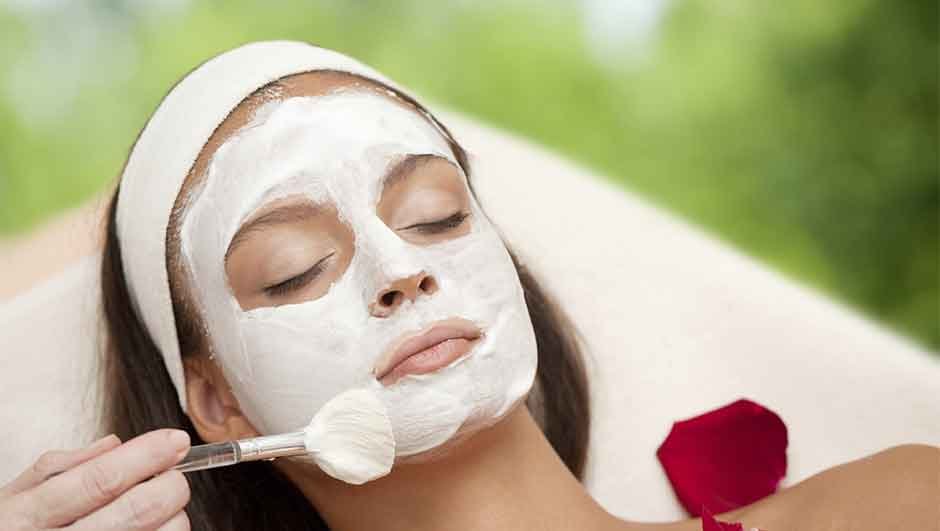Throughout history, makeup-wearers have spread toxic substances on their faces in pursuit of beauty. We know from depictions in hieroglyphs that in Ancient Egypt, pharaohs lined their eyes with kohl, a substance made from galena–a natural mineral form of lead sulfide. In the 16th century, English nobles used a white lead-based makeup to give themselves a more pale complexion. Queen Elizabeth the first even used it to cover her smallpox scars. Now, we know that lead attacks the central nervous system, causing convulsions, comas, and even death. While we might be more educated than we were in the past, we are still constantly discovering new substances and practices that are harmful to our health. Here are some beauty trends and products from the past twenty years that we’ve now realized the true danger of.
Pin-Straight Hair
The early 2000s saw an obsession with super straight hair, with celebrity icons like Avril Lavigne, Jennifer Anniston, and Britney Spears all rocking the style. Now we know the negative effects that excessive heat can have on hair. Using a flatiron at too high of a temperature can damage hair cuticles, and the motion required can pull out your hair and damage your roots. This hinders your scalp’s ability to produce healthy hair in the future. At least now there are products like heat-proctectant sprays that you can apply to your hair before using styling tools to help minimize damage.
If you have hair that is naturally textured and curly, then you’re likely familiar with chemical straightening products and hair relaxers. Some of these products have been found to contain harsh chemicals like formaldehyde, which can damage your hair and irritate your scalp, but have also been found to cause infertility and cancer. Many victims have filed product liability lawsuits against companies who failed to warn the public about the potentially fatal effects of using their products.
Tanning Beds
Another thing that everyone seemed to long for in the early 2000s–but especially after the premiere of MTV’s Jersey Shore in 2009–was the perfect sun-kissed glow of a Summer spent by the ocean. Many people swapped sunscreen for tanning oils that would help them achieve this look. What a lot of people failed to realize, though, is that sunscreen doesn’t only prevent sunburns, it also protects your skin from the sun’s harmful UV rays which can cause skin irregularities such as wrinkles, permanent discolorization, and melanoma–a type of skin cancer which can often be identified when new moles appear or existing moles begin to grow and spread.
While it’s a bad idea to skip out on sunscreen in the summers, many people turned to much more harmful methods like tanning beds to help them maintain their tans during the colder months. Tanning beds are far worse for your skin than direct sunlight, since harmful UV rays are much more concentrated. Dermatologists say that any exposure to tanning beds puts you at a much higher risk for developing skin cancer, so even the argument that “all things are good in moderation” can’t be made when it comes to tanning beds. Even though the public has been made aware of the dangers of tanning beds, they are still a very readily available service at select spas, beauty salons, and even gyms.
If you want a sun-kissed glow without increasing your risk of skin cancer, then there are plenty of safer options that cooking yourself in a tanning bed or in the heat of the sun. According to dermatologists, spray tans are relatively harmless to your body, so long as the products are used as directed and not accidentally ingested. Other great options include tinted lotions and moisturizers, which are applied daily and gradually cause your skin to appear more tan, making the transition look more natural than a spray tan would.
Aerosol Beauty Products
For decades, aerosol beauty products have been incredibly popular, ranging from hairsprays and dry shampoos, to spray-on sunscreens and deodorants, but in the past couple of years, the FDA has demanded the recall of many recognizable aerosol products that have been found to contain benzene–a chemical found to be linked to cancer. Some of these products included Batiste and Bed Head dry shampoos as well as Neutrogena and Coppertone sunscreens and Dove and Old Spice deodorants. These recent recalls go to show that despite what knowledge we have now, consumers are still not fully aware of the dangers of their products. However, if you would like to be more informed about how ‘clean’ your beauty products are, there are apps that will break down the ingredients of your products and let you know how potentially harmful they could be.






